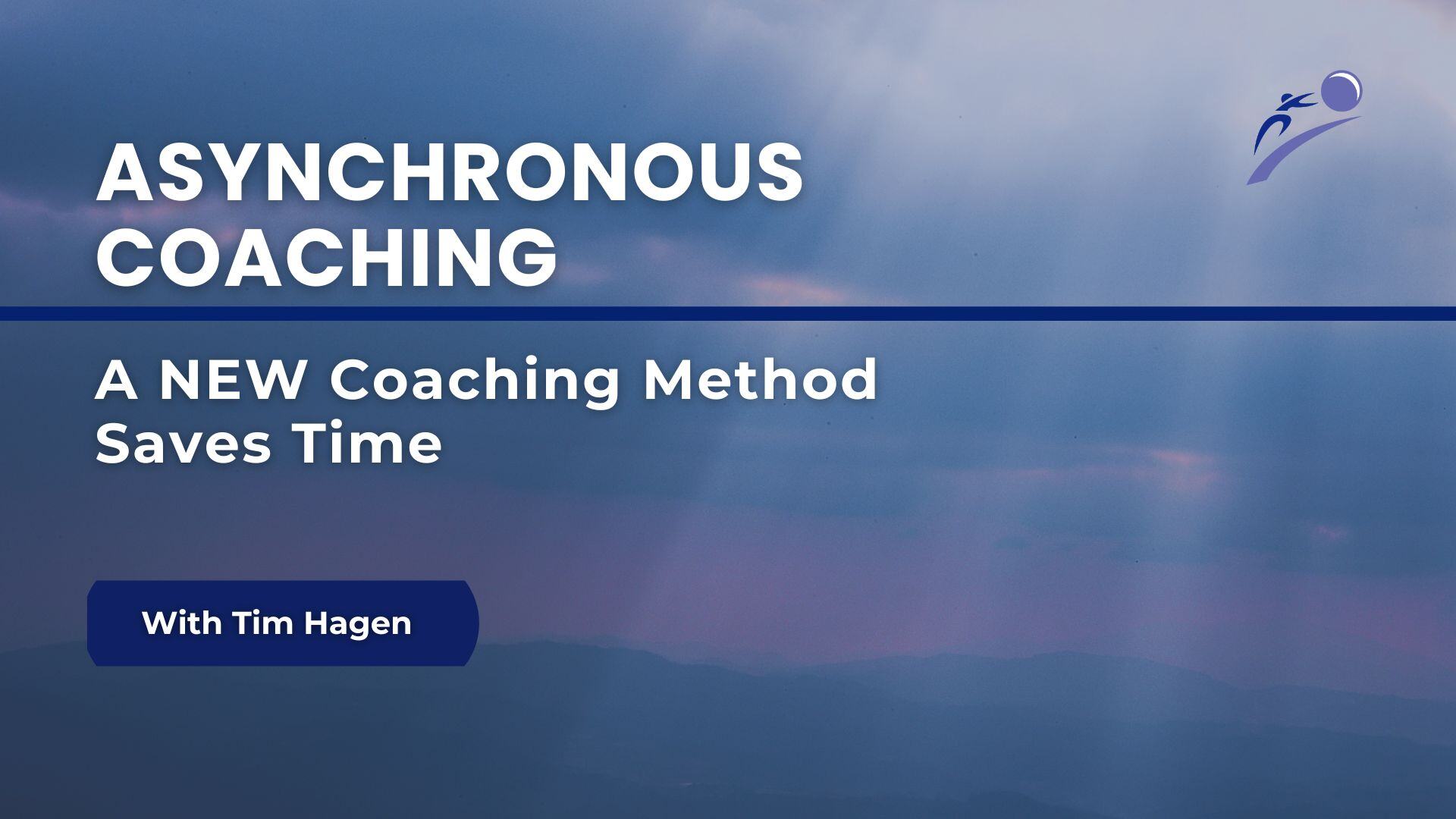
We work with a lot of sales organizations and their sales teams, and one of the most common things we hear is about is a staff’s ability to deal with objections. Objections are tough when they are related to price, competitor, stall, prospecting, etc. just to name a few.
Objections are really a cry for value, and often salespeople will make very simplistic mistakes when dealing with objections. I say this not blaming salespeople but often they are left without the guidance and specific verbiage and technique in handling specific objections. Here’s a brief example: I recently had a client who told his staff they had to negotiate better price margins. I asked the manager what specifically should they say and do, and more importantly what latitude do they have in those negotiations as it relates to price and product altering? The manager simply could not answer this question and it leads us to our first lesson: you cannot coach what you cannot define. Let me give you another example: when I used to do sales training we would always encourage people with price objections is to ask for 3 to 5 referrals and direct response to the price concession request, which is a form of negotiating, and we would literally practice this verbiage for weeks and weeks. The key ingredient was giving the staff a range of what they could discount with price, but more importantly, what they could ask for and should ask for in reciprocation.
How do you do this? You define each objection in terms of its knowledge, skill, and behavioral performance objectives. Here’s how it works:
Knowledge - what should they specifically do and specifically say at the moment of the objection for each type of objection?
Skill- what does the performance specifically look like when handling that objection?
Behavior-how should the person handled the objection specifically to demonstrate confidence and conviction?
We call these the three tiers of learning and may serve as a great set of guidelines to defining exactly how each objection should be handled. One of the major suggestions is to list out 7 to 10 of your top objections that your staff is experiencing a regular basis. Under each objection, write down knowledge skill and behavior. For each of the tiers, define the specific strategy and verbiage to handle the specific objection. Next, you must schedule continuous practice sessions and identify each where each salesperson is strong in the tiers of learning as well as where they have opportunities to improve. It is our contention that without this practice, managers will arbitrarily and globally provide guidance which will leave very little specific results that are desired.
Want a more concrete way of tracking these behaviors? CLICK HERE.





